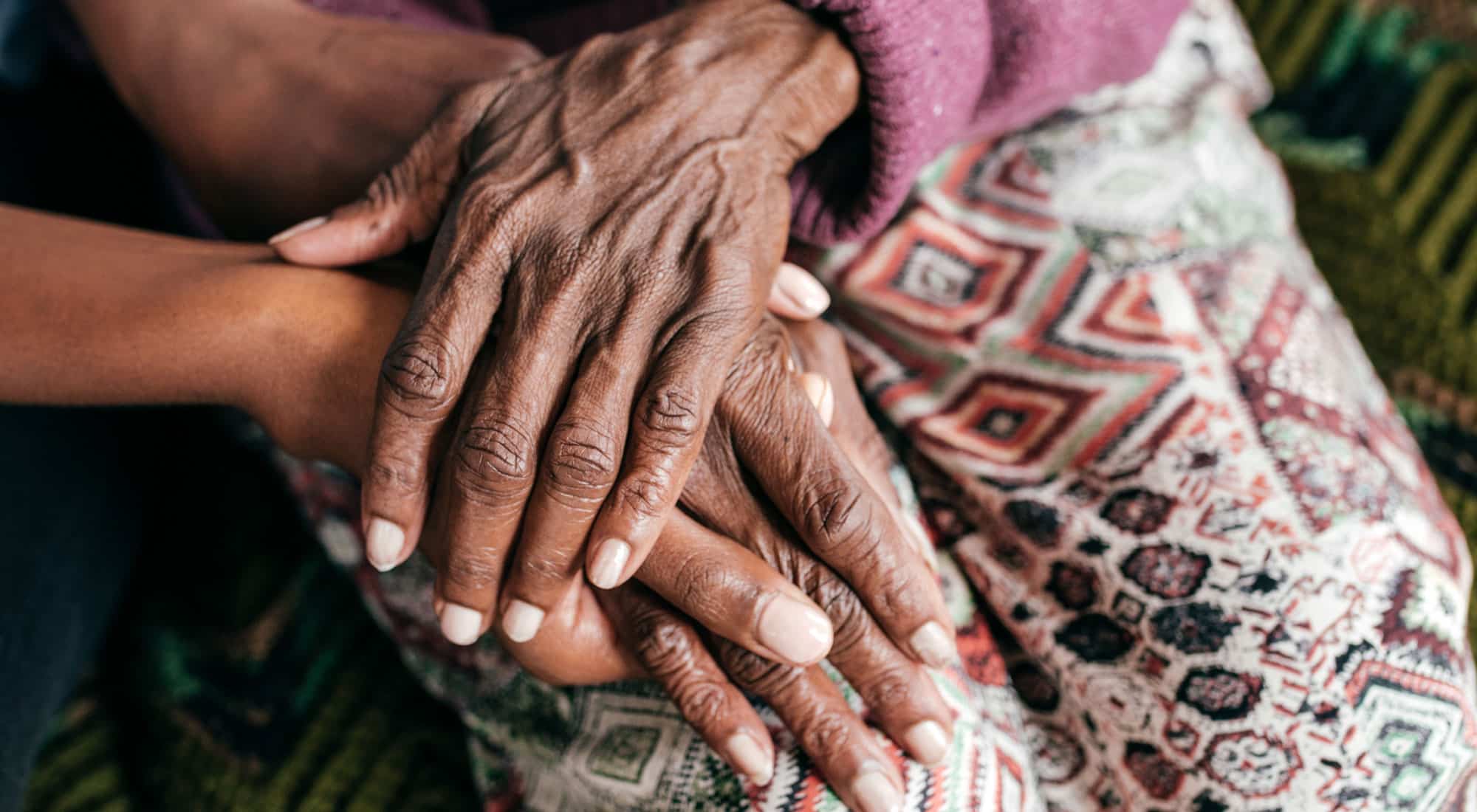By Bobby Shriver
Minorities in the United States have made positive progress over the decades in terms of equality, achievement, and recognition, particularly in the Black community. Yet today the Black community and other marginalized groups experience generational trauma and additional mental health difficulties as a result of decades of institutionalized racism and various societal forces.
Evidence indicates that intergenerational trauma can be passed down for hundreds of years, spanning dozens of generations. This means that even slavery still plays a role in current Black generational trauma, no matter that it ended over 150 years ago.
So what exactly are the health struggles that the Black community faces as a result, and what can you do to best support those impacted?
Trauma Passed Down: PTSD in the Black Community
While studies show that trauma can be generationally inherited and even impact your DNA makeup, researchers at Penn State College of Medicine indicate that because multiple generations were directly impacted by American slavery, PTSD in the Black community could be a true problem with potentially compounding and worsening DNA changes. This research doesn’t factor in the trauma associated with decades of racial injustice Blacks have experienced post-slavery, including Jim Crow segregation, as well as current challenges like police brutality.
This specific trauma experienced by Blacks has been coined “post-traumatic slave syndrome” by Dr. Joy DeGruy. She defines post-traumatic slave syndrome as “a condition that exists when a population has experienced multigenerational trauma resulting from centuries of slavery and continues to experience oppression and institutionalized racism today.” In light of this, many African Americans who’ve descended from slaves continue to experience trauma passed down through generations in ways that impact their daily lives.
The Impact of Post-Traumatic Slave Syndrome
According to Forbes, there are three main areas that Black generational trauma manifests itself today:
1. Self Esteem
Self-Esteem
Since slavery, Black people have been associated with negative racial stereotypes, and these continue to be internalized and passed down to new generations, leading to feelings of hopelessness, depression, and damaged self-esteem. These feelings can sometimes cause learned helplessness or the frustrating belief that you can’t change your situation, no matter what you do.
2. Health Complications
Because of prolonged racial discrimination, many Black people experience physiological, psychological, and emotional strain. This leads to complications like high stress, hypertension, increased risk of high blood pressure, less sleep, and even accelerated biological aging.
3. Internalized Oppression
It’s common for racist stereotypes to be internalized within marginalized groups, including African Americans. As a result, some Blacks may distance themselves from their own culture and race in hopes of advancing in society and avoiding racism.
Further examining the health complications resulting from PTSD in the Black community, the public health term “weathering” was established by Dr. Arline Geronimus in 1990. Likened to a rock constantly exposed to the elements, racial weathering connects the poor health of marginalized peoples to the ongoing stressors of racism.
According to The New York Times, people of color and lower socioeconomic status have more severe and frequent rates of stress as a result of racial weathering. Yet these same communities can’t easily escape their stressors (even physiologically) due to a lack of support and higher chances of discrimination, violence, and job instability.
How to Support Those Affected by Intergenerational Trauma
As you consider the weighty ramifications of Black generational trauma, it’s easy to wonder how you can better understand or support those affected. Author of My Grandmother’s Hands and Meadows Senior Fellow Resmaa Menakem offers an important perspective: “We’re not very good at understanding nuance … especially when talking about a human endeavor. Understanding nuance involves reps and practices, just like if you were going to learn a musical instrument. It’s something to be developed over time.”
We’re not very good at understanding nuance … especially when talking about a human endeavor. Understanding nuance involves reps and practices, just like if you were going to learn a musical instrument. It’s something to be developed over time. — Resmaa Menakem, Meadows Senior Fellow
Menakem continues, “It’s about conditioning, honing, and reps. It’s about doing the practices with a Black or Brown person … over and over again. Then meet with another Black, Brown, or Indigenous person and do the practices and reps with them. Now you’ve developed a communal nuance that’s different from individual nuance. That’s how you be with people.”
And for white people desiring to make a difference, Menakem shares, “Get together with other white people and commit together for the rest of your life to do work around race … so your children’s children’s children don’t have to deal with it.”
Find Healing from Trauma at The Meadows
If you or someone you love is struggling from unresolved PTSD or emotional trauma —even intergenerational trauma — The Meadows is here to help. With nearly five decades of providing successful outcomes in trauma and addiction treatment, The Meadows is your most trusted resource for true healing and restored health. Contact us today to start your journey of lasting recovery.

